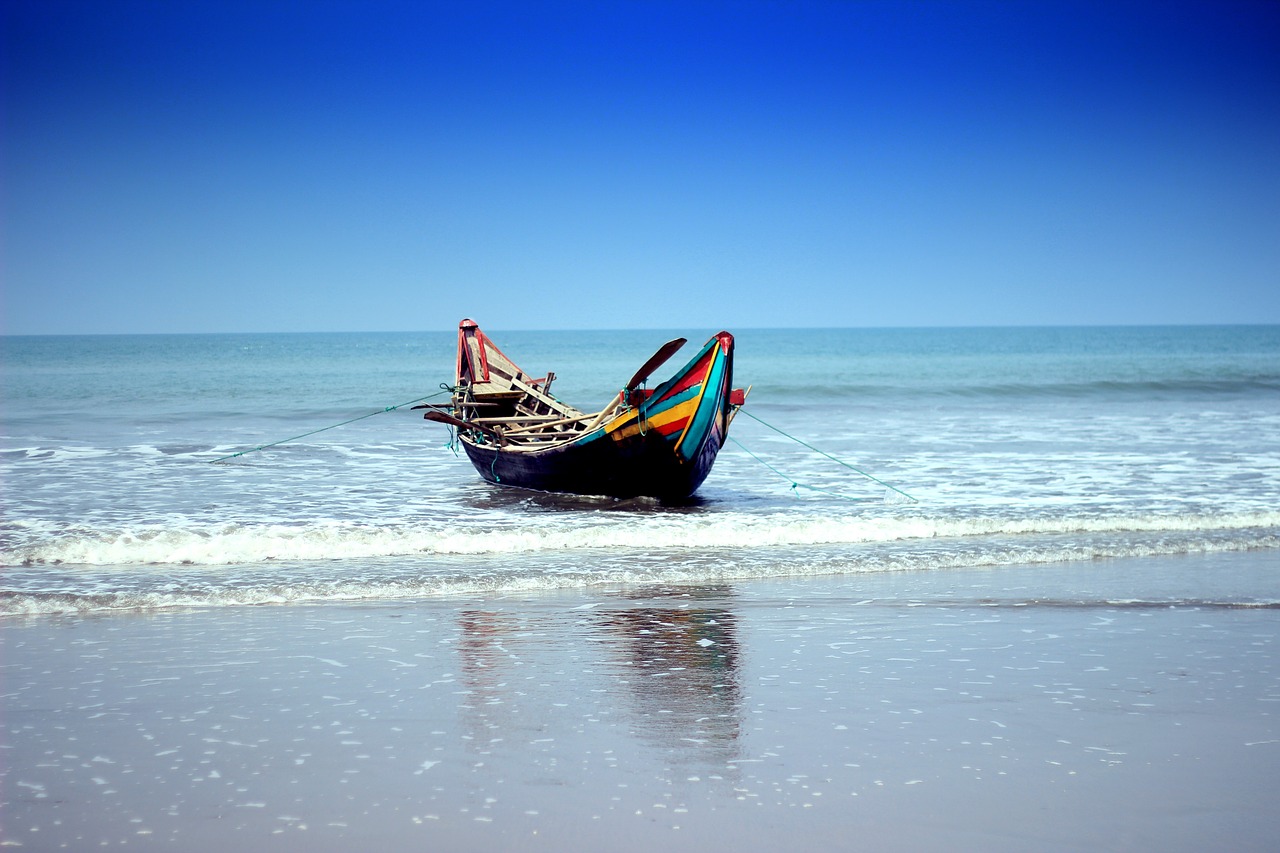
Published :
Updated :

Cox's Bazar, the sea, sun, and sand-based tourism capital in the country has built its connectivity with the capital, Dhaka, by the railway track opened on December 1 2023. This strengthens its existing multimodal connectivity and offers safer, cost-effective, and reliable mobility to the tourists. The sustainable utilization of the world's longest unbroken 155km beach and its adjacent natural wealth is the prime necessity for the conservation of the coastal biodiversity and ecosystem. Through ecotourism, a holistic approach can be applied to ensure responsible travel-awareness about environment (e.g. environmental sustainability), minimizing anthropogenic impact, involving the local community in tourism entrepreneurship, and sharing financial benefits of the ventures as well as conserving local environment and culture, etc.
The long-cherished Dhaka-Cox's Bazar rail connectivity along with modern-age luggage storage facility at the newly-launched Cox's Bazar station will definitely bring manifold prospects such as, improved transportation, flexible travel, cheerful tourism, boosted trade, and a flourishing economy in Cox's Bazar region. Every day hundreds of tourists will be able to enjoy travel to Cox's Bazar beach, Himchori beach and wildlife park, Inani beach, Teknaf beach, Saint Martin's Island, Sonadia Island, etc. However, it should be kept in mind that the world's longest natural sandy beach, Saint Martin's Island, and Sonadia Island were declared by the government as Ecologically Critical Areas (ECA) in 1999 as their ecosystems were adversely affected by anthropogenic activities. In consequence, we need to think about the carrying capacity of these sensitive places and probable negative impact of huge influx and random visits of tourists to those coastal areas bearing more loss of the existing fragile coastal ecosystem.
A large number of tourist intrusions at Cox's Bazar may create unplanned tourist infrastructure here and there like walkways, marinas, resorts, and game zones that alter the coastal zone landscape. To build these installations coastal flora like mangrove plants, and seagrass may be uprooted, land reclamation may be done, and land-using patterns may be overturned (e.g. forest area to industry or service area). Spawning, nursing, rearing, feeding, and nesting sites of coastal and marine creatures might be affected due to human invasion and their harmful activities. It is noteworthy that in Cox's Bazar coastal area the nesting sites for off-shore engendered sea turtles have been demolished as the result of enormous tourist traffic. An increased number of recreational activities such as motor-biking, horse riding, sports on the beach, careless and random speed-boating, diving, and snorkeling have an injurious effect on beach and coral reef creatures by pressing the coastal soil and subsoil, stirring up soil and sand, dropping anchors unscrupulously, touching coral reefs, approaching very close to habitats, etc.
Due to the lack of awareness, many tourists throw their empty food poly-packs and food waste hither and thither, and casual resort owners discharge their effluent and sewage directly into coastal water bodies. These activities put colossal pressure on the lives of coastal flora and fauna, invite alien species, and jeopardize its rich biodiversity and delicate ecosystem. Oversized tourism will trigger more consumption of local seafood, and additional collection of seashells corals, and other marine souvenirs that will welcome overfishing, causing fisheries populations and effects on the local environment. Meeting the freshwater demand for various tourism activities will lay stress on the groundwater levels that elicit soil subsidence and saline water invasion. It is opined that mass tourism may meet the present needs but fail to meet the needs of future generations which will create intergenerational and intra-generational inequity.
To mitigate these problems, ecotourism can be the best-fitted sustainable solution. Ecotourism secures equity and protects natural environments by balancing between provisional economic advancement and environmental and societal costs, ensuring sustainable income-generating enterprises and livelihoods. Cox's Bazar exhibits ecotourism potential by showcasing its natural attractiveness, diversity in flora and fauna, topographical charm, soothing subtropical climate, accessibility, vibrant community, etc. It is very hard to find the accumulation of wildlife (e.g. safari park), corals, mangroves, eye calming panoramic view of an unbroken sandy beach with easy accessibility in a favorable atmosphere at a single place but proposing all of these ecotourism appealing factors symbolized Cox's Bazar as the prime ecotourism hotspot in the country.
The government adopted the "National Tourism Policy" in 2010 where the preparation of a region-based master plan was the main focus. This policy emphasised the advancement of ecotourism through developing tourism resources while sustaining the environment of the surrounding area. To enhance ecotourism in the ECAs', the policy sought coordinated efforts and directed formation of a task force with relevant ministries and agencies involved. Cox's Bazar Development Authority (CoxDA) was formed in 2016 to brand Cox's Bazar as a well-planned tourist town. To protect the ecology of St. Martin's Island in May 2023, the government issued a set of guidelines based on Bangladesh Environment Conservation Act, 1995 regarding land, infrastructure, cleanliness, waste, tourism, and transport management.
It is important that concerned stakeholders consider the issue of ECA and carrying capacity of Cox's Bazar to prepare the plan and advance the ecotourism venture for the sake of a sustainable future where our next generation will cheer in the scenic nature.
Dr. Md. Abdul Latif, (PhD in Development Policy) Additional Director (Deputy Secretary), Bangladesh Institute of Governance and Management (BIGM)
The Writer is a Global Ambassador & ADB-JSP Scholar


 For all latest news, follow The Financial Express Google News channel.
For all latest news, follow The Financial Express Google News channel.